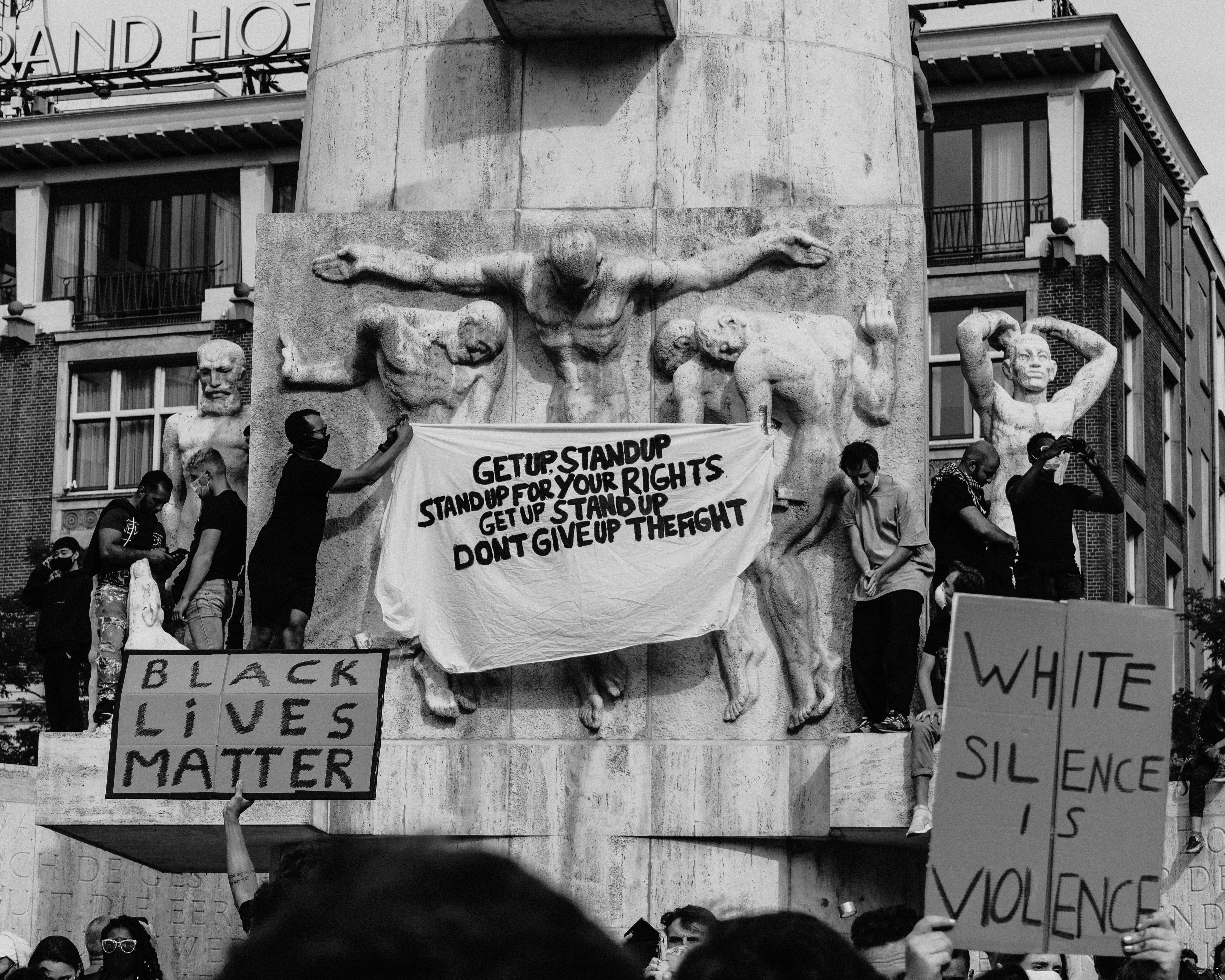With the professor’s contribution to the organization of African unity, and the OAU resolved to a level of action that reasonable people would accept, the dialogue continued in an astonishing chronology.
Around: In the 1950s and 1960s, the Hausa, Yoruba, and Igbo tribes were rival young brothers to their father, Nigeria. Now they are old, but like all brothers, they sometimes go back to killing each other.
Divulgation: The responses are not word-for-word quotes from Professor Austine SO Okwu; rather, they are interpretations and extrapolations, based on my understanding of the issues discussed.
Question: Why did Nnamdi Azikiwe, also known as Zik, who undoubtedly fought for Nigeria’s independence more vigorously than any other citizen, never became the all-powerful Prime Minister of Nigeria, but his importance was reduced to that of a mere ceremonial president?
Answer: Good question, my dear Anselm. He followed a short break. ‘By the way,’ continued the professor, ‘my son Anselm, you look very well today; sometimes I feel like killing you for your haggard look, but today you look good. Her wife Sandra from her is doing a good job, my compliments and congratulations to her.’
Initially taken aback by the unexpected adulation, in the midst of the praise I got from his participation I laughed and had a mild fit.
When the laughter stopped, an embarrassed silence filled the room. In the moment of expectation, I saw in the professor’s face a man reaching into the depths of the story, examining the content, and wondering if the outcome might have been different. When he had found the right tone and gesture, he responded.
‘Zik wanted to be Prime Minister. Nigeria wanted him to be the first prime minister and his party, the National Council of Nigerian Citizens, the NCNC, wanted him to be the prime minister; but the British thought he was too headstrong for them.
Through his West African Pilot newspaper [1937- fifties]Zik had been a thorn in the colonialists’ flesh.
Even though I had anticipated this response, my head still dropped to rest on my left fist. After I recovered, he continued.
“You know, my dear Anselm, the British will give you freedom but not power, not authority.” To deny Azikiwe, an Igbo man, along with his party, the National Congress of Nigerian Citizens (NCNC), and their southern constituents any real authority, the British submitted an unsubstantiated tally that found northern Nigeria to be more populous. than the southern part of Nigeria. the country. On the basis of this calculation, which they entrenched in Nigeria’s first constitution, colonial Britain assigned northern Nigeria 51 per cent of representatives in the central government, and southern Nigeria 49 per cent.
Since the enclave that holds the majority of the representatives produces the Prime Minister, the position fell, in 1960, to Allahaji Abubakar Tafawa Balewa, Hausa, the point man of his political party, the Northern People’s Congress (NPC).
Ask: Much has been said about the ‘fear of Igbo rule’ in the 1950s and 1960s, which was to some extent one of the accelerators of the civil war between Nigeria and Biafra. Where did this feeling come from, who were these Igbos who dominated Nigeria and on what basis did other tribes think that the Igbos dominated them?
Answer: ‘Again, another great question, and I’m glad you brought this up.’ Then a pause, shorter in time but, depending on the level of attention, deeper in thought than the pause in the first response.
The fear of domination was a mixed bag in which one can find errors of perception and errors of unbridled emotion, but of course also some undeniable reality. The country feared two categories of Igbos; those of the private company and those of the federal civil service.
The Igbo are great travelers who travel to the north and west of Nigeria. The Igbos travel out of necessity. We have a large population but a smaller land mass and our soil is not as fertile as other parts of Nigeria. However, stores thrive when our people set them up. Life flourishes when our people move into communities.
Beneath small shacks, the Igbo sell leather, become merchants, trade palm kernels and weave baskets for sale, set up bicycle and shoe repair services, and open barbershops and hair-weaving workshops.
What the Igbo saw as versatility in manual labor, other tribes saw as evidence of dominance.
Thinking for a few seconds and remembering the civil service sector at the time, he said, ‘Yes, there’s no denying it, our people were plentiful at the federal level.’
The Igbo are pragmatists. On one level, they led the national struggle to wrest power from the colonialists, but on another level they imitated the white man’s way of life, helping them with government, attending their schools, cooking for them, cleaning their houses, and tending their gardens. .
The Yorubas, the other main tribe, were less enchanted and very distrustful of the white man. They consulted their gods and assailed the white man with ghostly punches, talismans, and seven serpentine witches.
Due to the Igbo’s continuing relationship with white colonialists, after the latter’s departure, more Igbo took up their roles as federal civil servants and law enforcement officers.
Envy, resentment and paranoia grew from the other major Nigerian tribes against the Igbo and their relatives, the professor lamented.
Smelling the bloodshed, I shifted uneasily. Where my right palm had soothed my cheek a fever had developed, higher than on the third day of malarial fever.
- Nothing new: the devil in man will always find reasons to brutalize another man.
Many Nigerians joined the 1960s mafia mentality with the Igbo as scapegoats. Defamation is the fuel from which chaos springs; in this case, the war between Nigeria and Biafra, which lasted from 1967 to 1970.
End.
